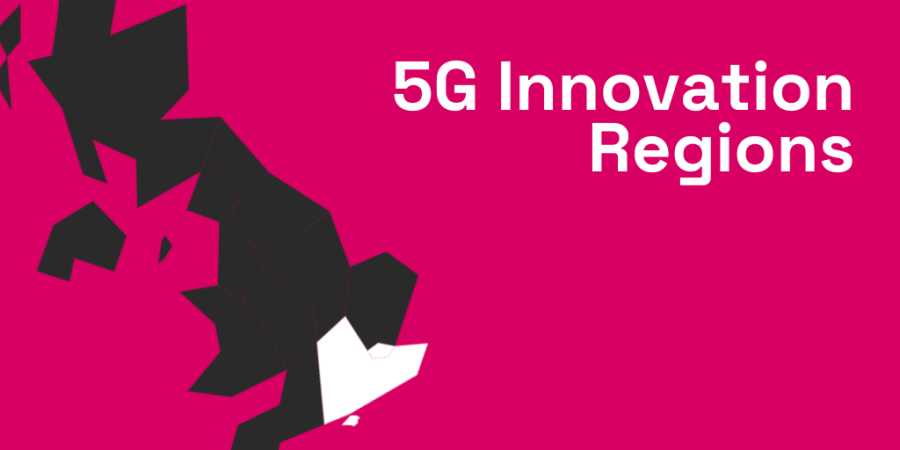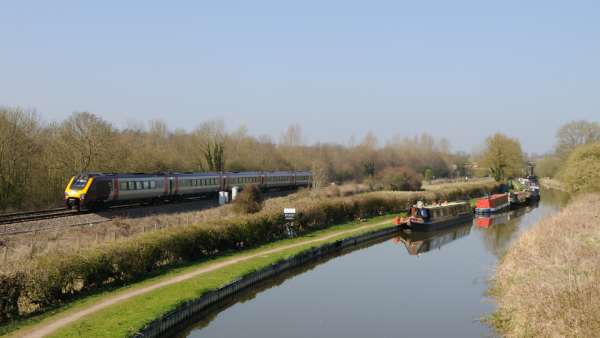
The 5G Innovation Region (5GIR) programme has seen 10 regions throughout the UK receive a share of £36m of funding as part of our wider programme to drive 5G adoption. Focusing on key sectors with local capability and opportunities, the projects aim to enable the UK to take full advantage of the transformative effect that advanced wireless connectivity and digital technologies can provide.
To ensure that all regions can benefit from the work being done by the 5G Innovation Regions, UKTIN is inviting the projects to our Clusters forum. Most recently, Jo Furber – a Digital Infrastructure Relationship Manager for West Sussex County Council – shared her insights.
Please tell us about your 5GIR project.
Firstly, we are thrilled to be involved with the 5GIR Programme! Our project is Growing Sussex 5G Innovation Region, focusing on food and drink in West and East Sussex. The region is large and home to agriculture, but this project centres on horticulture, which brings in around £1 billion GVA annually – and viticulture, which has an income tag of around £20 million. Viticulture is increasingly important to us: the sector aims to increase GVA to £230 million over the next 10 years with the two counties. It is a huge growth sector due to a change in the UK’s climate, supporting vineyards and production that traditionally generated income in the south of France.
Why is this 5GIR project needed?
To increase sustainable food and drink production. We want to co-develop use cases for foundational technologies (5G, AI and IoT) with telecoms and technology partners, education centres and commercial producers. The use cases will test how digital technology and applications using devices such as sensors, monitors, drones and cameras can develop future farming and growing practices that increase sustainable food, drink and plant productivity. In addition, Growing Sussex will build digital skills and capabilities across IoT, AI and automation, developing the local workforce and boosting the economy.
What progress have you made?
We have begun collaborating with four local delivery partners. The first, West Sussex Growers, is a significant part of the local economy with a retail value of over £1 billion per year, employing over 9000 full-time workers. Boldyn Networks is designing and building four private networks to pilot technologies including automation and real-time remote control and monitoring. Then, two of our land-based colleges, Brinsbury and Plumpton, are developing curricula to empower students with the connectivity-enabled skills required in the sector, offering new T-Levels in animal healthcare, wine and food production and crucially, digital skills and data management.
What have you learned so far?
Everybody needs to work better together to develop the locally skilled workforce – and more quickly, to develop technical understanding and digital skills to make sense of the devices and applications enabled by 5G within the region. One of the challenges post-Brexit is that we don’t have access to seasonal workers. We want to develop a skilled and well-paid workforce. We hope to offer new workstreams into land-based employment, enabling career progression and more middle-management opportunities. Not only is our project exciting for us, but local people too.
Head to the Growing Sussex to learn more, and find out more about the UKTIN Clusters Group here.









